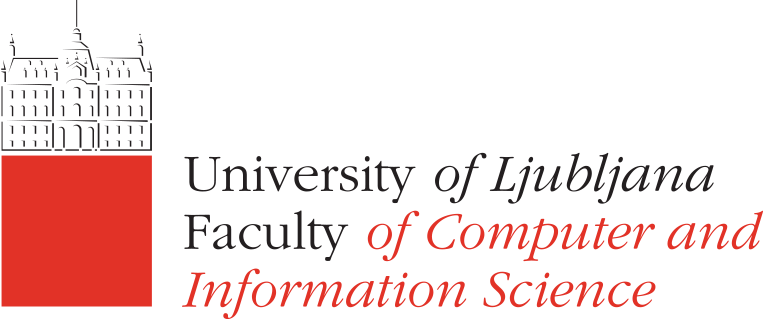3rd Workshop on Maritime Computer Vision (MaCVi)
Organizing Committee
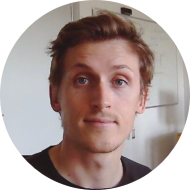 |
Benjamin Kiefer received his Ph.D from the Cognitive Systems Group at University
of Tuebingen. He lead the CV team a large state-funded research project called Avalon. This multi-consortium project’s goal
was to develop an unmanned aerial vehicle to assist in humanitarian Search and Rescue scenarios. As part of
this project, several publications in the domain of vision aboard UAVs in the maritime context emerged.
He created the MaCVi initiative together with colleagues, taught multiple classes on deep learning, mathematics, robotics and computer vision.
He is the CTO of LOOKOUT.
|
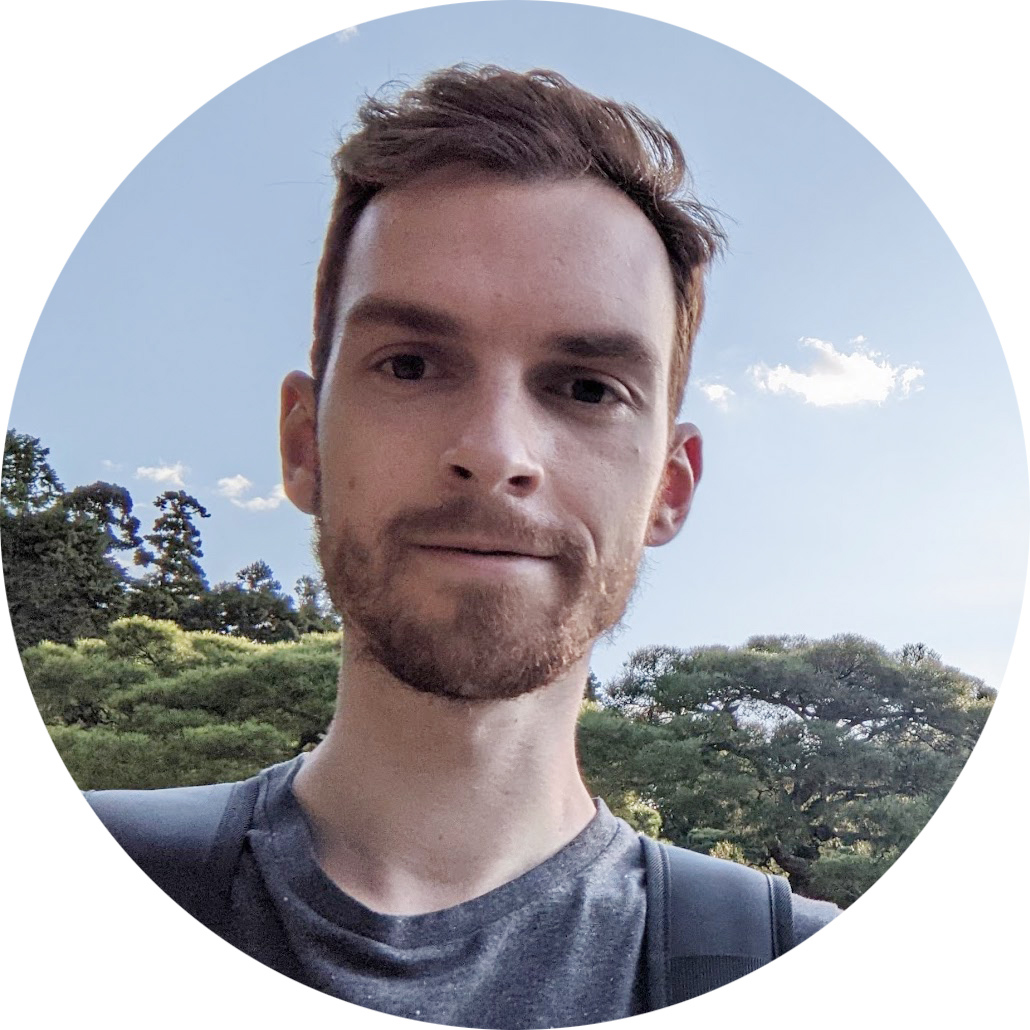 |
Lojze Žust is a Ph.D. researcher at the Visual Cognitive Systems Lab at the University of Ljubljana. His research focuses on the development of deep computer vision methods for obstacle detection for USVs. In the past he worked on several research and industry projects covering topics such as surface anomaly detection, remote sensing and storm-surge forecasting. He received several awards for his research work including an outstanding thesis award from the University of Ljubljana for his work on the HIDRA method for flood forecasting.
|
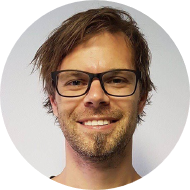 |
Matej Kristan received a Ph.D from the Faculty of Electrical Engineering,
University of Ljubljana in 2008. He is a full professor and a vice chair of the department of
artificial intelligence at the Faculty of Computer and Information Science, University of Ljubljana.
He is president of the IAPR Slovenian pattern recognition society, Associate Editor of IJCV and
served as an AC at CVPR2022. He has co-organized over thirteen workshops and conferences, and he
received eighteen research excellence and teaching awards. His group has contributed to several
leading benchmarks and datasets in visual object tracking and vision for autonomous boats, and
developed the first deep learning method HIDRA for coastal flood prediction that rivals numerical
geophysics models. His research interests include visual object tracking, anomaly detection, video
segmentation, vision for mobile robotics and deep geophysics.
|
 |
Janez Perš received Ph.D. degree in Electrical Engineering at the
Faculty of Electrical Engineering (FE), University of Ljubljana in 2004. He is currently Assistant
professor at the Laboratory for Machine Intelligence at the FE, University of Ljubljana. His
research
interests lie in object tracking, human motion analysis, dynamic-motion-based biometry,
machine vision, autonomous vehicles and distributed systems.
|
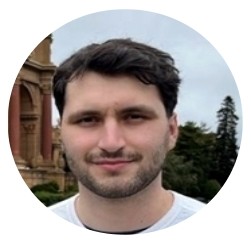 |
Matija Teršek received his Master's in Computer and Data Science from the University of Ljubljana. Currently, he is leading the AI efforts at Luxonis, a pioneering company engineering cameras specialized for depth perception and embedded computer vision solutions. His interests include efficient computer vision models for embedded devices, machine perception, and data-centric AI.
|

|
Uma Mudenagudi received her Ph.D. degree in Computer
Science Engineering from the Indian Institute of Technol-
ogy (IIT) Delhi, in 2007. She is currently a Professor at
the School of Electronics and Communication, Dean of
Research and Development, and Director at the Center of
Excellence in Visual Intelligence (CEVI) Lab, KLE Tech-
nological University, India. Her research interests focus
on image restoration and enhancement, with a particular
emphasis on underwater image analysis and low-level vi-
sion systems. Her research interests also include 3D data
processing, point cloud processing, and 3D representation
learning. She serves as the Principal Investigator for multi-
ple sponsored projects funded by the Government of India,
including the Department of Science and Technology (DST)
and the Science and Engineering Research Board (SERB),
with a total funding of over 40 million INR.
|

|
Chaitra Desai is a Ph.D. Researcher and Junior Research
Fellow at Center of Excellence in Visual Intelligence
(CEVI) and School of Computer Science and Engineering
advised by Prof Uma Mudenagudi. She has been associated
with CEVI Lab as Junior Research Fellow since 2018, and
her work includes solving real-world problems using ma-
chine learning and computer vision. Her research interests
include underwater image restoration and enhancement
along with low-level vision systems.
|
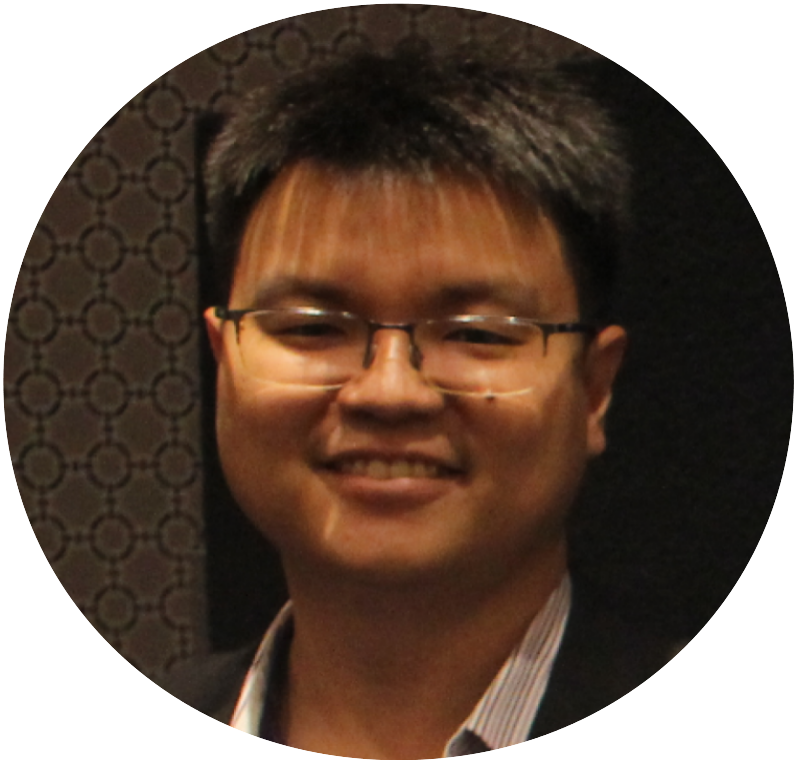 |
Arnold Wiliem received a Ph.D. from Queensland University of Technology (QUT), Australia in 2010.
He holds an adjunct Associate Professor appointment at QUT. Currently he is the principal engineer of Deep Learning/AI at Shield AI, one of the leading Australian developers of computer vision and artificial intelligence software solutions for defence and civilian applications (e.g., Maritime). He served as reviewers in several major venues and area chair in WACV 2017. He co-organized competitions and workshops hosted in ICIP and ICPR. His current research interests include small object detection, classification, and AI on the edge.
|
Program Committee
Antonio Javier Gallego, University of Alicante
Antonios Gasteratos, Democritus University of Thrace
Davide Boscaini, Fondazione Bruno Kessler
Håkon Hagen Helgesen, Norwegian University of Science and
Technology
Jona
Schroeder, University of Tuebingen
Jonas Nordhaug Myhre, NORCE
Research
Juan Carlos San Miguel, Universidad Autonoma
de Madrid
Leon
Varga, University of Tuebingen
Loukas Bampis, Democritus University of Thrace
Martin
Meßmer, University of Tuebingen
Jon Muhovič, University of Ljubljana
Borja Bovcon, University of Ljubljana
Mostafa Rizk, Ecole des Mines Telecom
Atlantique
Pablo Ruiz Ponce, Universitat Politecnica de Catalunya
Paolo Rota, University of Trento
Timon
Höfer, University of Tuebingen
Thomas Johansen, NORCE Research
Tor Arne Johansen, Norwegian University of Science and
Technology
Yiming Wang, Fondazione Bruno Kessler
Yitong
Quan, University of Tuebingen
Nikhil Akalwadi, CEVI, KLE Technological University
Sampada Malagi, CEVI, KLE Technological University
Dikshit Hegde, CEVI, KLE Technological University
Ramesh Ashok Tabib, CEVI, KLE Technological University
Technical Assistance Committee
Marten Kreis, University of Tuebingen
Yitong
Quan, University of Tuebingen
Supporting Organizations

